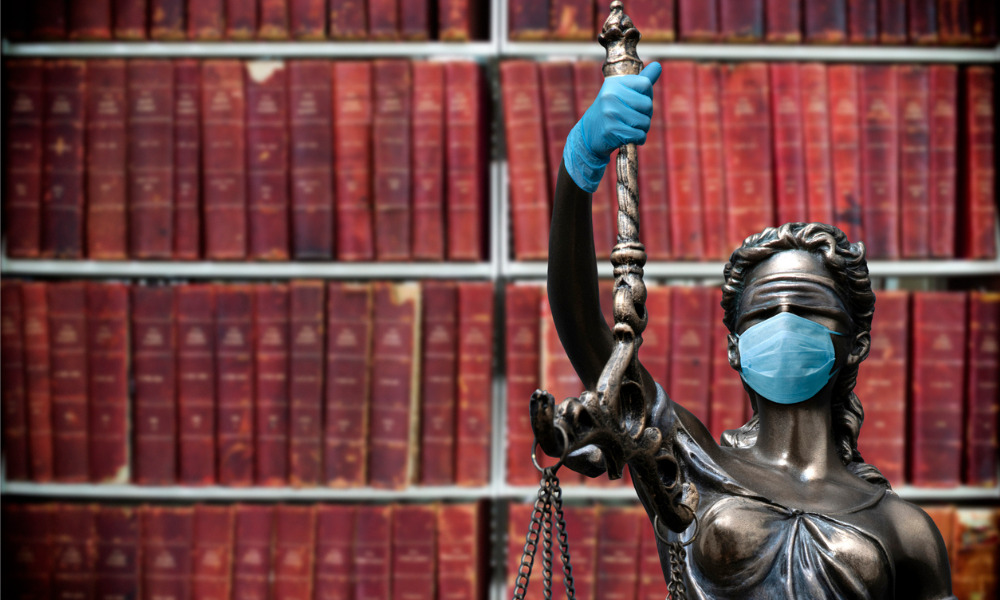
Significant changes generally involved mask-wearing and COVID-19 testing requirements

With Prime Minister Jacinda Ardern officially dropping the COVID-19 Protection Framework this week, courts across New Zealand have made changes to their current COVID-19 safety and operational protocols.
Significant changes in the protocols generally involved mask-wearing and COVID-19 testing requirements. Below are the key highlights of the newly revised protocols of the Supreme Court, the Court of Appeal, the High Court, and the District Court. All the revised protocols took effect on 13 September.
Supreme Court and Court of Appeal
A person may not enter the Supreme Court or the Court of Appeal if they are showing signs of illness or tested positive for COVID-19 within the last seven days. All persons entering either court may wear masks inside the building. However, masks must be worn inside the courtroom if the presiding judge so directs.
All appeal hearings and hearings for applications for leave to appeal before the Supreme Court will be conducted in person unless a judge directs otherwise. Similarly, all hearings scheduled in the Court of Appeal will be conducted in person unless a judge rules otherwise. A party, counsel, or other participant may apply to join a remote hearing.
A court participant who has any COVID-19 symptoms must take a rapid antigen test (RAT) before attending a hearing. If they test negative and the symptoms are minor, they may attend the hearing but must wear a mask at all times. But if they test negative and the symptoms are severe, they must not appear in court unless a judge so directs. If they test positive, they must not attend the hearing.
A judge may direct that some or all participants in a hearing, which exceeds one day, take a RAT in the morning before entering the court if the judge is satisfied that it is reasonably necessary to do so in the interests of justice and to protect health and safety in court.
Court participants tested positive for COVID-19 must not attend hearings, and if already in the courtroom, must promptly leave.
High Court and District Court
A person may not enter the High Court or the District Court building if they are showing signs of illness or has tested positive for COVID-19 within the last seven days. A criminal defendant, whose court attendance is required but is unwell or has recently tested positive for COVID-19, should notified the court prior to the date of their appearance. The defendant will then be advised by the registry whether they are required to attend court on that date or on a different one.
All criminal and civil matters scheduled for hearing before the High Court will be conducted in person unless a judge directs otherwise. Likewise, all criminal matters pending before the District Court will be heard in person unless a judge rules otherwise.
A party may request that a matter be conducted with all participants appearing remotely. The request should be made within five working days before the scheduled hearing. A party, counsel, or other participant may also apply to participate in a remote hearing within the same period.
Mask-wearing and RAT testing requirements are similar to those being implemented by the higher courts. For conducting jury trials, the following rules apply: